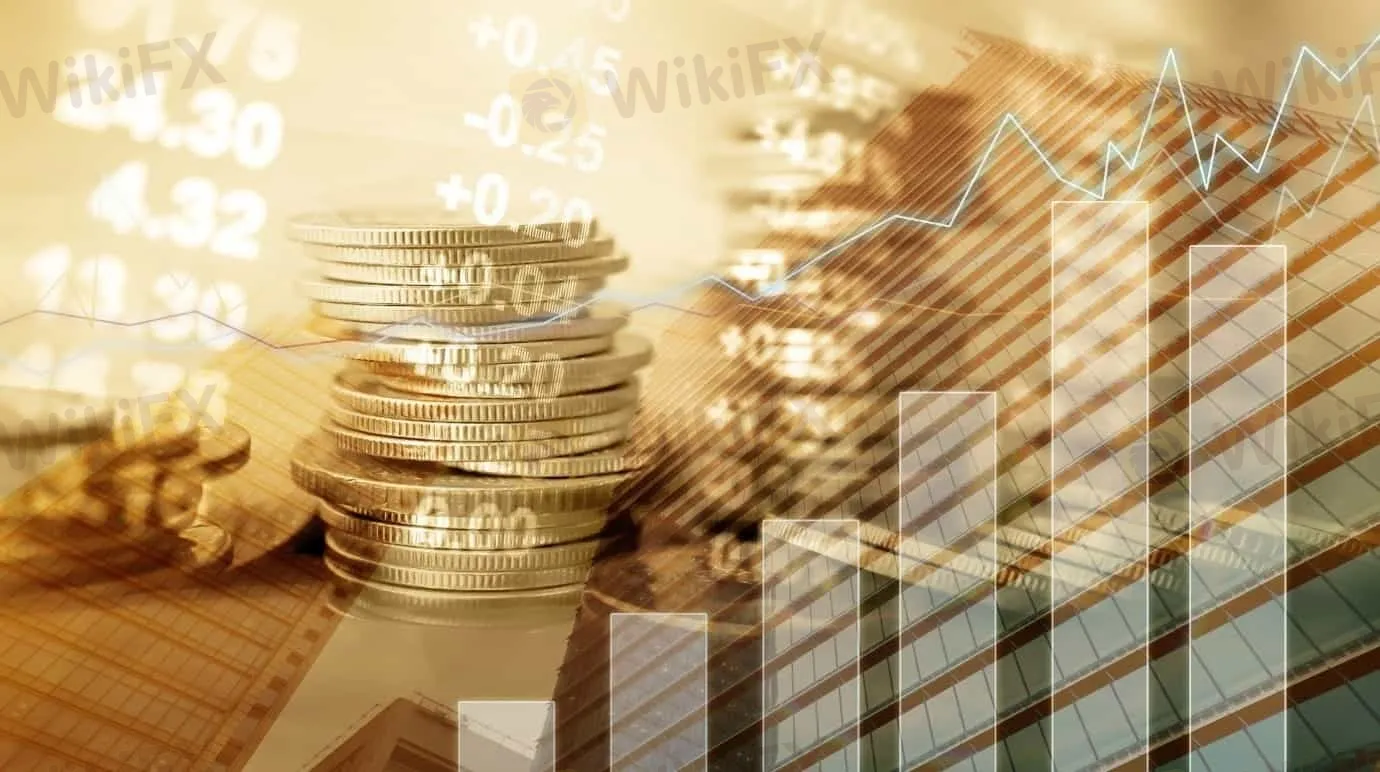简体中文
繁體中文
English
Pусский
日本語
ภาษาไทย
Tiếng Việt
Bahasa Indonesia
Español
हिन्दी
Filippiiniläinen
Français
Deutsch
Português
Türkçe
한국어
العربية
Fitch Downgrades the U.S. Credit Rating: Unpacking the Implications
Abstract:Fitch Ratings, in a noteworthy action, has lowered the United States' Long-Term Foreign-Currency Issuer Default Rating (IDR) from 'AAA' to 'AA+'. This announcement, made on August 1, 2023, mirrors apprehensions concerning the nation's fiscal stability, governance norms, and debt handling, consequently indicating to investors and international markets about a heightened risk when lending to the United States. The immediate effect of this downgrade remains uncertain, especially as markets are presently performing poorly.

Fitch Ratings, in a noteworthy action, has lowered the United States' Long-Term Foreign-Currency Issuer Default Rating (IDR) from 'AAA' to 'AA+'. This announcement, made on August 1, 2023, mirrors apprehensions concerning the nation's fiscal stability, governance norms, and debt handling, consequently indicating to investors and international markets about a heightened risk when lending to the United States. The immediate effect of this downgrade remains uncertain, especially as markets are presently performing poorly.
Decoding the Downgrade
Credit ratings are an integral part of the financial system, acting as a barometer for assessing the creditworthiness of a nation. Essentially, they help investors worldwide to navigate the investment landscape by offering a risk-assessment tool. Therefore, a downgrade can significantly impact the inflow of investment, leading to fluctuations in market stability.
for public spending in areas like infrastructure, education, and healthcare.
Higher borrowing costs can also trickle down to businesses and consumers. If the government borrows at higher rates, banks and other lending institutions often raise their interest rates as well. Consequently, businesses might find it more expensive to finance their operations or expansion plans, and consumers may face higher rates on mortgages, credit cards, and loans. This can slow down domestic consumption and economic activity.
The U.S. plays a pivotal role in the global financial system. As the issuer of the worlds preeminent reserve currency, the U.S. dollar, its credit rating can have substantial implications for global financial stability.
A downgrade can lead to a decrease in the value of the U.S. dollar against other currencies. This shift could affect international trade, as many global transactions are conducted in U.S. dollars. Furthermore, many countries hold U.S. government bonds as part of their foreign exchange reserves. A downgrade, and the subsequent potential decrease in bond values, could impact the value of these reserves.
Furthermore, given the integrated nature of today's global financial system, a drop in trust from investors in the U.S. or a sudden change in U.S. asset values could induce substantial worldwide financial market instability.
Basically, the demotion of the U.S. credit rating is not merely a domestic issue. It bears extensive implications that could echo across the international financial ecosystem, affecting countries well beyond the confines of the U.S. borders.

Disclaimer:
The views in this article only represent the author's personal views, and do not constitute investment advice on this platform. This platform does not guarantee the accuracy, completeness and timeliness of the information in the article, and will not be liable for any loss caused by the use of or reliance on the information in the article.
Read more

Naira Falls Against Dollar as Nigeria Reshapes Economic Blueprint
As Nigeria's foreign exchange reserves gradually decrease, the value of the Naira in the foreign exchange market continues to decline, and the exchange rate of the Naira against the US dollar has been consistently dropping, becoming one of the major challenges facing Nigeria's economy.

Project Manager Loses Over RM138,000 in Shocking Investment Scam
A 37-year-old project manager lost over RM138,000 to an investment scam after being lured by promises of 20% returns. The victim was deceived by a fraudulent caller posing as a bank employee and transferred funds through 30 online transactions. The scam involved a mule account, leading to an investigation under Sections 420 and 424 of the Penal Code. Authorities urge the public to verify investment opportunities with trusted organizations to avoid similar schemes.

Why Germany’s Economy and Stock Market Tell Two Different Stories
Germany's economic growth has continued to be sluggish, yet its stock market has remained exceptionally strong, sparking widespread attention. Why do we see a coexistence of economic stagnation and stock market prosperity? In this article, we will delve into the reasons behind this phenomenon and possible strategies for addressing it.

Which Zodiac Sign Makes the Best Trader?
It’s often said that when money is at stake, the true nature of human character—both its brilliance and darkness—is revealed. Trading is one such arena where greed, hesitation, courage, and decisiveness come into play. Successful trading requires more than fundamental and technical analysis skills; a deep understanding of one’s personality is equally crucial. Different zodiac signs exhibit unique personality traits—can these traits influence investment returns? Keep reading to find out which zodiac sign makes the best trader!
WikiFX Broker
Latest News
IG Japan Extends US Stock CFD Trading Hours in 2025
ALERT! Warning against Livaxxen
Which Zodiac Sign Makes the Best Trader?
Plus500 Collaborates with Topstep, Prop firm
Robinhood Launches Crypto Trading Services in Spain
Archax Secures FCA Approval to Oversee Crypto Promotions in the UK
CLS Global Admits to Crypto Fraud
Philippine SEC Urges Caution Regarding Ecomamoni
Become Women Brand Ambassador of Yamarkets
Naira Falls Against Dollar as Nigeria Reshapes Economic Blueprint
Currency Calculator



